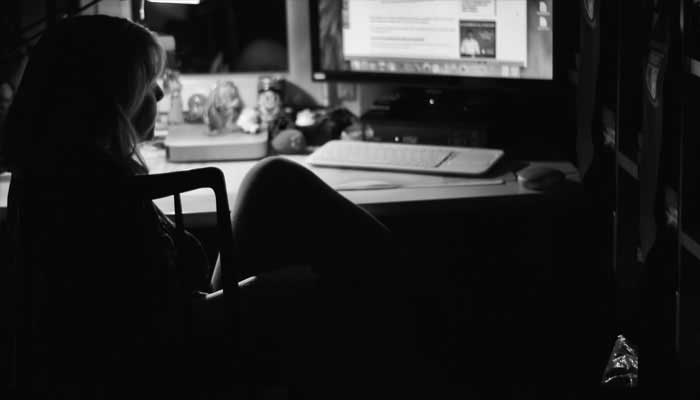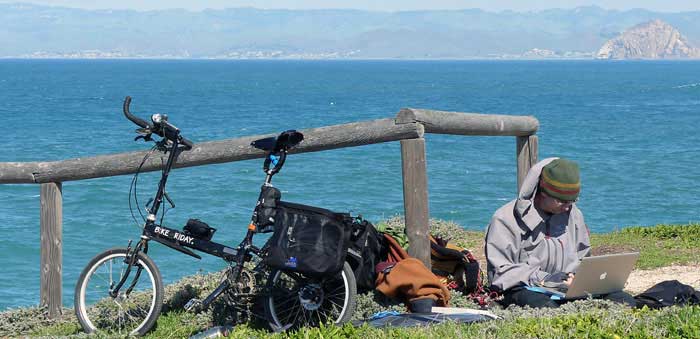It is very easy to fall into the mindset that the only time that matters for our careers is the time spent in the office. As it turns out, our spare time and taking time away from our work is just as important towards our trajectory and productivity.
Not only can working too many hours have negative effects on your business, it can also have serious implications on your health, and if you're not able to attend work because of tiredness related sickness, then obviously you can't get anything done. They solution to business continuity starts with employees being able to complete their work, and looking after their health, both physical and mental, is vital for this. A recent study in Sweden where the weekly hours were dropped showed that sickness reduced due to this increased time off.
Taking time off is also important for social and personal reasons. It allows us to chase whatever interests us, from personal projects and development opportunities to vacations and day trips. This boosts our positivity and makes us happier, and happier people just work better. To further build on this positivity, we also have more time to spend with our families and friends. We are, by nature, social creatures, and spending time with other people is important for our mental health. By improving our work/life balance, we will look after our mental and physical health as well as our happiness.
When you do return to work, you'll find that you are a lot more productive. Taking time off allows you to reset your mind and to remove yourself from the chaos that is easy to lose yourself in during your time in the office. Taking a short break to refuel the engine, so to speak, is mutually beneficial for both your and your employer. Even “microbreaks” of sixty seconds or so can allow us refocus our minds when things become muddled.
If you don't take time off, although you may be functioning as a human, you will gradually wear yourself down with fatigue and tiredness and the build up of stress and the strain it puts you under will grind away at your motivation and so your productivity will slow.
It is important to approach work with a positive mindset, and one very effective way to achieve this is to ensure you are spending your time outside the office to the highest effect. Sometimes it pays to switch off your smart phone and to distant yourself from your emails so that you can put things into perspective. While the employees inside a business all work towards a common goal, like cogs in a machine, it is important to remember that we are all individual humans with individual needs, and we perform at our best when we are truly ourselves.
Statistics suggest that only about 77% of vacation days are actually used in the US and that this number is declining. Our time off is very important to succeeding in our careers, don't forget to use it and to use it well.




